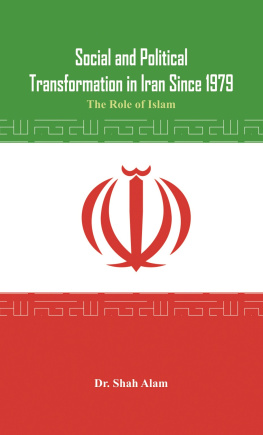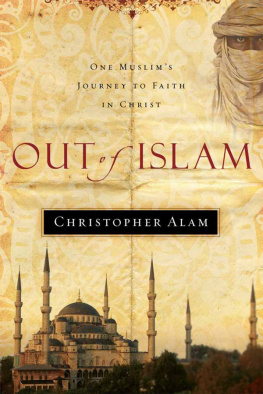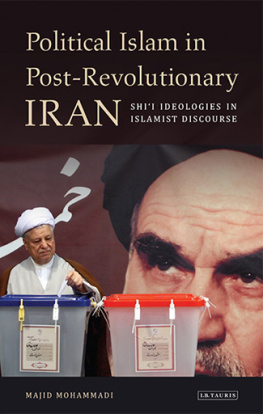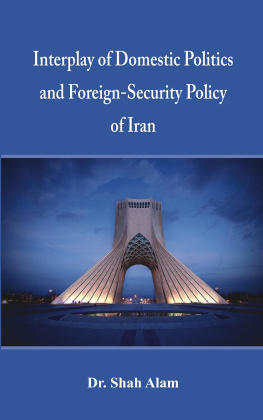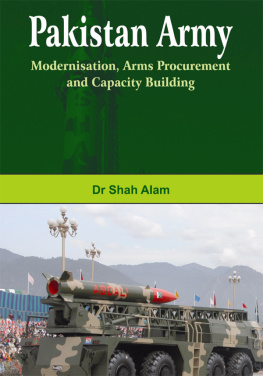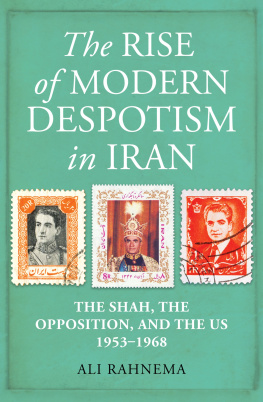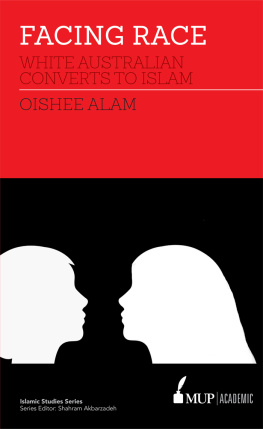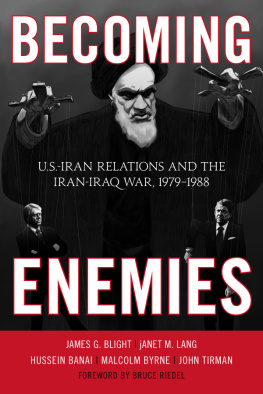Published by
Vij Books India Pvt Ltd
(Publishers, Distributors & Importers)
2/19, Ansari Road
Delhi 110 002
Phones: 91-11-43596460, 91-11-47340674
Fax: 91-11-47340674
e-mail:
Copyright 2015, Dr. Shah Alam
ISBN: 978-93-84464-74-5
All rights reserved.
No part of this book may be reproduced, stored in a retrieval system, transmitted or utilized in any form or by any means, electronic, mechanical, photocopying, recording or otherwise, without the prior permission of the copyright owner. Application for such permission should be addressed to the publisher.
The views expressed in the book are of author in his personal capacity.
PREFACE
The Islamic Revolution 1979 is a watershed in the history of Iran where Islam has played a dominant role in restructuring and reshaping society as a whole. The fusion of religion with politics and working as ideology is a unique in the history of Islam. The occurrence of revolution in the name of Islam shocked the whole world who ignored Islam as a political religion. The galvanization of Islamic idioms into action was clear indication that Iran is moving toward Cultural Revolution which had been aspired by Iranians for long time. The use of Islamic symbols and precepts and its conversion into action explicitly manifested that Iran is heading toward the Cultural Revolution. The revolution uprooted the monarchy and established the Islamic government in Iran.
The structural nature and functional scope of the three branches of the government has been changed along Islamic lines since the establishment of the Islamic Republic. Islams penetration is so extensive that its manifestation has come up in the form of the institutionalized role of Islam. In the aftermath of the revolution, a new constitution was enacted which declared Twelver Shiism as state religion. Islam has profound impact on social, political and economic system of Iran.
The conversion of Islamic idioms into Islamic ideology marked the prelude of the Islamic Revolution where all segments of society sank their differences at least for time being against the despotic monarch and dethroned the Shah. The ulema mobilized the masses through using their social status and position which the Shah could not curb. The Islamic symbols and precepts were very effectively used by the ulema against the Shah.
The concept of Velayat-e Faqih is theorized by Ayatollah Khomeini is not his own innovation rather derived by him from the Shia political theory that is based on the concept of the Imamate system. According to Shia political theory, an Imams functions are to guide the community and preserve Gods law. It implies that Imam is a representative of God on earth and to run system as a whole. The concept of Twelfth Imam and its occultation put all responsibilities on the religious community to govern society because in the absence of the Imam leaderless community needs a leader to lead society. Imam Khomeini brilliantly put forward the concept of Velayat-e Faqih on this basis. Khomeinis leadership notion reflects that he was very much influenced by the Maktabi School (the old style of Islamic School).
The Velayat-e Faqih has overwhelming power in the Iranian political system where all branches of the government are under its supervision and surveillance. The president is directly elected by the people, yet next to the leader (spiritual leader). The Velayat-e Faqih has vast power in all matters and his word is final. His stature in the Iranian political system is so high that no one is even parallel to him. The entire system is rotating around this post because it is only source of the legitimacy.
Iranian economy has also been restructured along Islamic line. Its influence has deep and far-reaching in the economic system of Iran. The Iranian economys changing nature has been perceived clearly different in both pre-plan period and plan period. During pre-planned period, Iranian economy was state-controlled economy the state adopted interventionist policy and created state-capitalism. In the process of creation of state-capitalism, it nationalized the heavy industries and banks etc. because Iranian economy was facing severe crisis due to the revolution and the Iran-Iraq war. During the war, Iranian economy was in difficulties, revenues accrued from oil were spent in purchasing war materials and other essential goods. The populist state policy was adopted by state during war to ward off economic severity which was bound to affect the people.
After the Iran-Iraq war and Khomeinis death, the five-year-plan began to reconstruct war-ravaged economy. The war with Iraq had profound impact on the Iranian economy. Iran was facing the severe financial crunch during this period when money was badly needed to reconstruct its fragile economy. In the process of reconstruction of the war-ravaged economy, Rafsanjani government began economic liberalization policy. Before the government, there was no option other than to liberalize its economy and to invite foreign companies to help in the reconstruction of the war-ravaged economy. In this way the government reversed its many earlier policies which were taken during the Iran-Iraq war and Khomeini era. The process of liberalization of economy was in the way of integration into world economy. The basic thrust of the economic policy of government during this period was to reconstruct the war-ravaged economy and to mobilize maximum resources for development.
The Islamic Revolution 1979 is not only a political revolution against the monarchy but a Cultural Revolution also which has affected society as a whole. The Islamic ideology has penetrated in all spheres of society. In the aftermath of the revolution, the new regime has Islamized society by divorcing Western culture, norms and traditions which was adopted by the earlier regimes. The intrusion of western culture, norm and tradition in Iranian society has undermined Iranian culture. So, Islamisation of society has been adopted in all aspects to create an Islamic society. The government has been taking various measures in the process of Islamisation and promoting and strengthening the Islamic culture. Iran has imposed public veiling to women and has banned alcoholic drink, night club and so on. The Government has brought reform in the educational system and mass media along Islamic lines.
Islamisation of social and political system has far-reaching impact at all levels. Now the Islamic Republic has been trying to project a liberal face of Islam. The effects of Islam are dwindling in Iran and have many profound impacts.
My indebtedness to numerous persons and institutions is in fact much more than I may really express in words, yet I would attempt to do so in my most humble way. First of all I owe my sincere gratitude to Prof. A. K. Pasha for his scholarly guidance. I would like to thank Prof. A. H. H. Abidi, Prof. Mohammad Saqid, Prof. Gulshan Dietl, Prof. Girijesh pant, Prof. P. C. Jain and Dr. Mohammad Azhar who helped me in stages of this study. I extend thanks to Dr. M. H. Ilias and Dr. Jawaid Ahmed Khan for their help.
Without the courteous assistance of the staff of the libraries of Jawaharlal Nehru University (JNU), A. M. U Aligarh, the British Council, the American Culture, Sapru House, Iranian Cultural House, New Delhi, and Institute for Defence Studies and Analyses (IDSA), this study could not have been completed. I duly acknowledge their help, and thank all of them.


